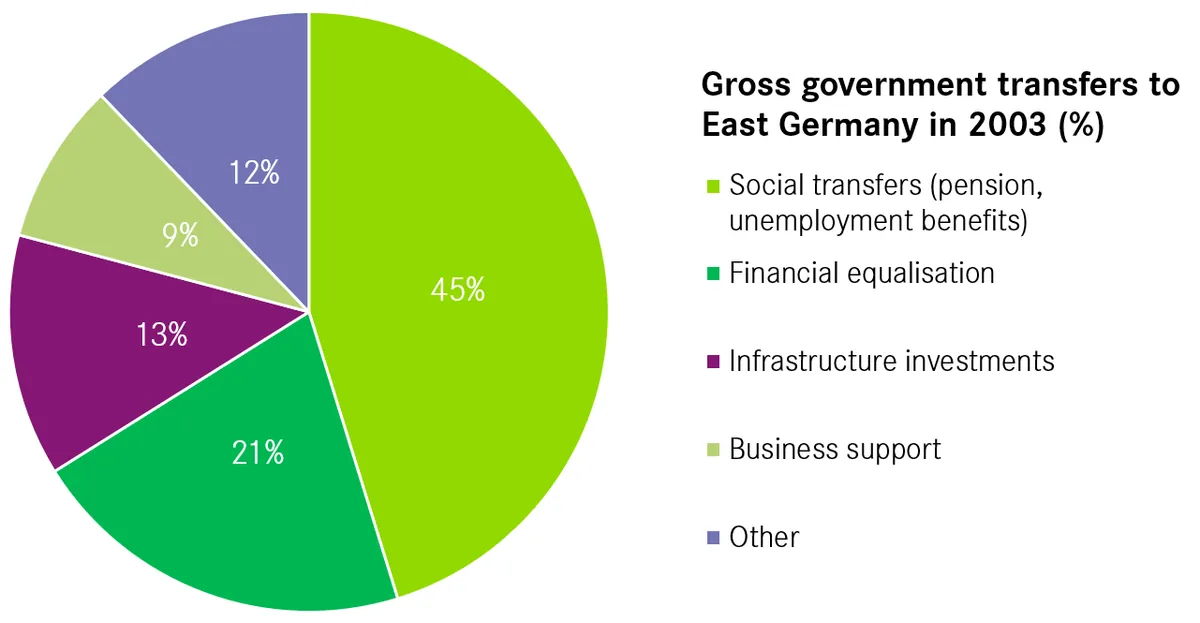Victories Today, Challenges Tomorrow: The Paradox of Political Triumphs
Recent German elections highlight a recurring theme in global politics: today's successes often breed tomorrow's problems. From reunification to foreign interventions, apparent triumphs can lead to unexpected challenges.

The recent German state elections have brought the far-right Alternative for Germany (AfD) party to the forefront, securing the largest vote share in Thuringia and a close second in Saxony. This development serves as a stark reminder that political victories can often sow the seeds of future challenges.
Germany's reunification in 1990, hailed as a triumph of diplomacy and the social democratic model, has faced unexpected hurdles in the 34 years since. The eastern and western regions of the country continue to exhibit significant political and economic disparities, with the east showing more autocratic tendencies and providing fertile ground for neo-Nazi movements.

This phenomenon is not unique to Germany. Hungary's trajectory since joining NATO in 1999 and the European Union in 2004 illustrates how initial successes can lead to unforeseen complications. Once seen as a victory for liberal ideals, Hungary has become an example of "illiberal democracy," challenging the very institutions it joined.
"The era of liberal democracy is over."
Israel's stunning victory in the 1967 Six-Day War, 57 years ago, similarly laid the groundwork for long-term challenges. The decision to occupy and colonize conquered lands has led to an ongoing dilemma between maintaining a Jewish state and upholding democratic principles.
Historical examples abound of victories turning sour. The Treaty of Versailles, signed 105 years ago, set the stage for World War II. The Allied victory in that conflict, while ending fascism in Germany and Italy, also facilitated the spread of communism in Eastern Europe and China.
The end of the Cold War 33 years ago led to American hubris and misguided foreign policy decisions. The U.S. support for Afghan mujahideen against the Soviets inadvertently contributed to the rise of al-Qaeda, founded in 1988. This, in turn, led to the 9/11 attacks 23 years ago and subsequent U.S. military interventions.
However, defeats can sometimes yield positive outcomes if leaders learn the right lessons. Germany and Japan's post-World War II transformations serve as prime examples of how nations can benefit from a changed approach to politics and foreign policy.
The ancient Greeks warned of hubris, the excessive pride that often follows great victories. This overconfidence, combined with the disruptive nature of significant changes, can lead to unforeseen consequences and challenges.
While ambitious goals and celebrations of success are natural, it's crucial to approach victories with caution. As in financial investments, past performance does not guarantee future returns in international affairs. Leaders must quickly shift focus from savoring triumphs to addressing the complex aftermath that inevitably follows.


































